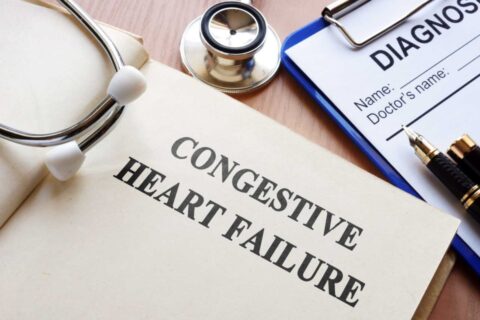Stress Management Techniques for Better Heart Health

Chronic stress can have serious implications for your heart health. While stress may feel unavoidable, learning how to manage it is key to improving your cardiovascular and overall well-being. Complete Cardiology Care wants you to understand how heart health and stress management are linked. In this blog, we’ll explore the relationship between stress and your heart, common signs of stress, and effective techniques you can use to regain your peace.
The Connection Between Stress and Heart Health
Stress activates your body’s fight-or-flight response, releasing hormones like adrenaline and cortisol. These hormones increase your heart rate and blood pressure, putting unnecessary strain on your cardiovascular system. Over time, stress can contribute to conditions like hypertension (high blood pressure), heart disease, and irregular heart rhythms. In fact, studies show that consistently high stress levels can increase the risk of heart disease by up to 20%. Emotional stress has also been tied to a higher likelihood of heart attacks and stress.
Recognizing the Signs of Chronic Stress
The first step in managing stress is knowing when it arises. Identifying signs early allows you to take proactive measures before they impact your heart health. We encourage you to keep track of how your body reacts to stress and adjust accordingly. Common stress symptoms include:
- Headaches
- Muscle tension
- Fatigue
- Irritability
- Anxiety
- Difficulty concentrating
- Increased heart rate
- Chest tightness
- Digestive issues
Mindfulness and Meditation Techniques
Mindfulness involves focusing on the present. It can reduce anxiety and ultimately calm your nervous system. Simple acts like mindful eating, journaling, or taking time to notice your surroundings can make a big difference. Meditation can also benefit you greatly, and it doesn’t have to be complex. Start by setting aside five to 10 minutes daily to sit in a quiet spot, focus on your breathing, and repeat calming words. There are several smartphone apps available to help you get started.
Physical Activity as a Natural Stress Reliever
Physical activity lowers cortisol levels and releases endorphins. Regular movement will decrease your stress while strengthening your heart and improving your circulation. You should aim for at least 30 minutes per day, five days a week, for optimal benefits. Among the best exercises for stress reduction are:
- Low-Intensity Options – Walking, yoga, and tai chi
- Moderate-Intensity Activities – Cycling, swimming, and jogging
Nutrition and Stress Management
What you eat impacts how you feel. Certain foods, including leafy greens, fatty fish, nuts, and berries, reduce stress levels. Dark chocolate can also offer a stress-busting boost when eaten in moderation. It’s best to skip processed foods and sugary snacks because they can trigger mood swings and fatigue. Instead, focus on balanced meals that include protein, healthy fats, and whole grains to maintain a stable mood and energy level.
Quick Breathing Exercises for Stressful Moments
Deep breathing interrupts your stress response and quickly reduces tension. Consistent deep breaths signal your brain to relax, reducing your heart rate and blood pressure. Take some time each day to practice the following exercises that will help you feel more in control:
- Box Breathing – Breathe in for four seconds, hold for four seconds, exhale for four seconds, and pause for four seconds before repeating.
- Diaphragmatic Breathing – Place a hand on your belly, inhale deeply through your nose, and watch your belly rise. Exhale slowly through your mouth.

When to Seek Professional Care for Stress Reduction
Sometimes, stress levels exceed what we can manage on our own. If stress is significantly impacting your daily life or heart health, reaching out to a professional is crucial. Complete Cardiology Care has trained experts available to assist with stress reduction for your heart health. Contact us today to book your appointment.


